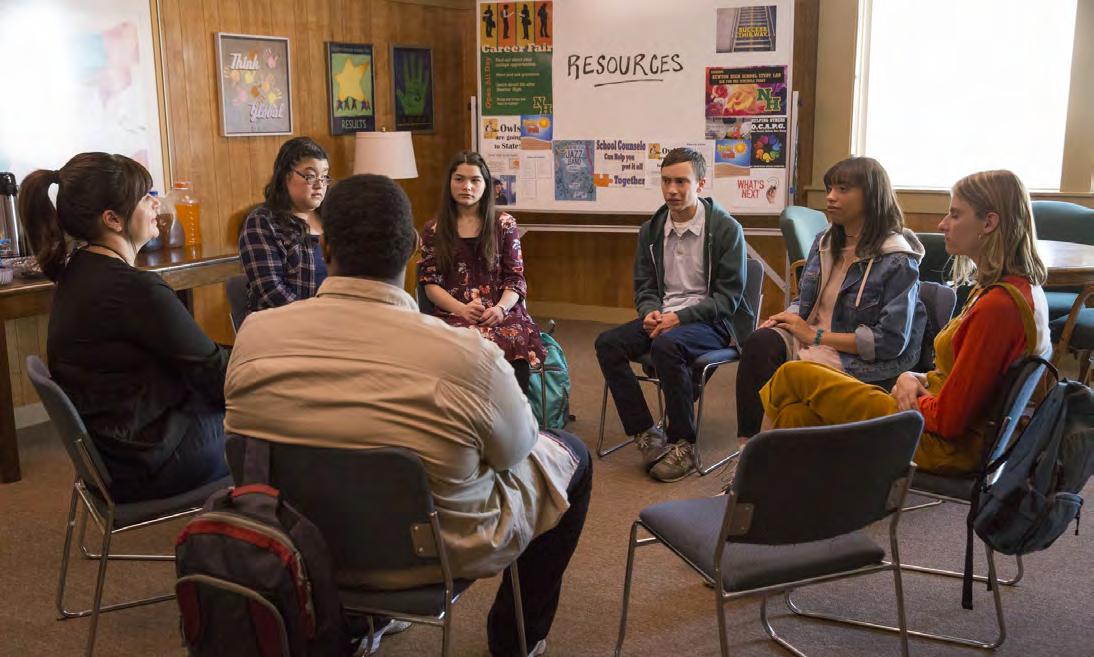Oranga Tamariki, The Organisation that is Currently Failing Vulnerable Tamariki
F Kupu & Definitions: Oranga Tamariki: Oranga meaning wellbeing and Tamariki meaning children Rangatiratanga: having sovereignty, this was promised to be given to Māori in the Treaty of Waitangi Uplift: The term for when Oranga Tamariki remove a child from their whanau/ home. This is often carried out with intentions to protect the child Mokopuna Māori: Grandchildren, can be used to refer to children Tangata Whenua: People of the land, indigenous people who were the original inhabitants of an area
28
rom July 2008 to now, Oranga Tamariki has uplifted 4,300 children under the age of one, of which 62% were Māori. This number may already seem high, however, it is only set to rise further and cause an even larger disproportion between the number of Māori to non-Māori within our state care system if things don’t change. Oranga Tamariki previously known as CYF (Child Youth & Family), is the governmental organisation dedicated to ‘protecting’ vulnerable children in Aotearoa, yet the organisation is currently doing the complete opposite. Whilst there is a huge importance for an organisation like Oranga Tamariki, when the organisation is doing more harm than good then it is clear that integral change is needed. Systemic racism has been an ongoing social predicament for indigenous Māori ever since the arrival of European settlers in the early 1800s. This racism has become so institutionalised throughout our governmental sectors and organisations that it is now heavily impacting the welfare of Māori tamariki. Oranga Tamariki was first established in 1999 under the name of Child Youth and Family and was then later on made a governmental agency within the Ministry for Children. The transistion to Oranga Tamariki was made in 2017 after the government finally admitted that CYF’s performance was inadequate. Vulnerable
children within the system were repeatedly ending up in homes that didn’t fulfil their needs and in many cases often resulted in deadly consequences. The five-year mark since this transition was passed just earlier this year and while there had been hope that things would be different this time around, it is evident that there needs to be much more extensive change in order for things to properly improve. There are a few key things that are wrong with the organisation. The first one being that the number of Māori children being uplifted since the shift has been significantly rising. Many of these uplifts are often unethical and go against the morals that Oranga Tamariki strive for. Within less than ten years the percent of Māori/ Pacifica children who have entered state care has risen by 7%. All while the number of non-Māori entry into state care has dropped by 8%. These statistics show that there are systemic problems that run far deeper than only making surface-level organisational changes. Secondly, the treatment of children and their families in the system is astounding. Numerous families or foster parents who have either reached out to Oranga Tamariki for support or who have directly had interventions carried out by the organisation describe the actions that they take as wrongful and completely dehumanising.





















